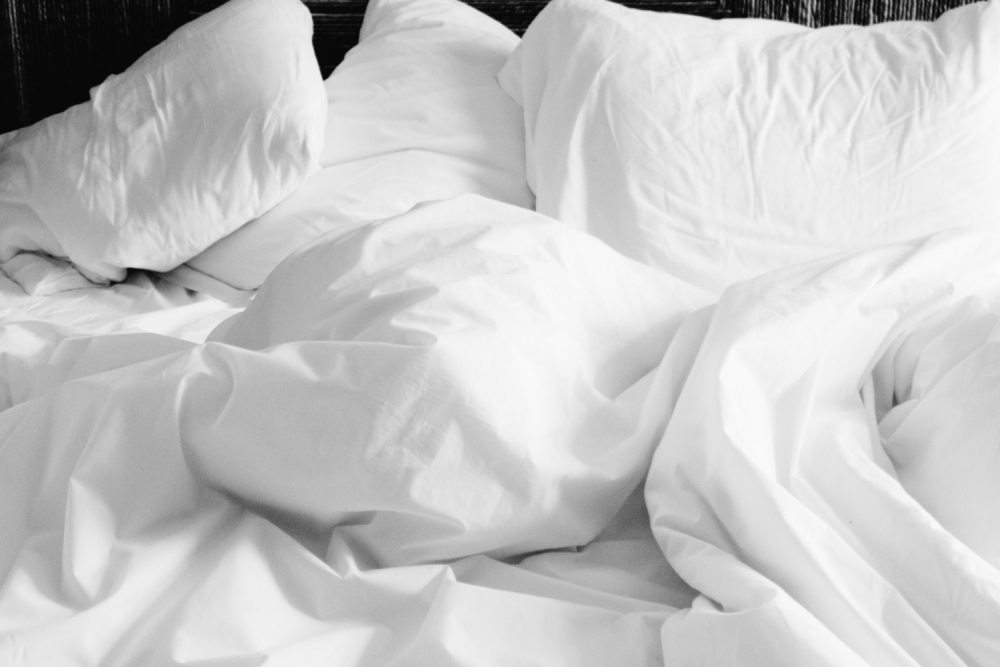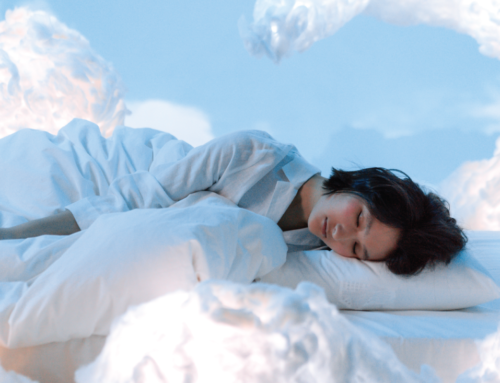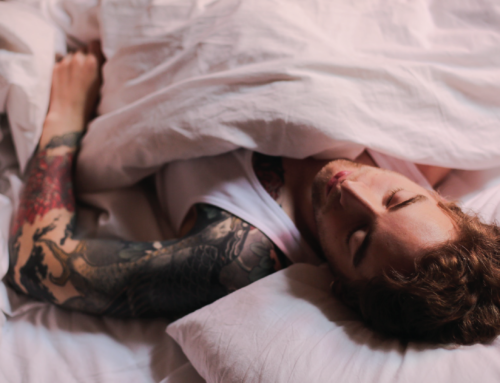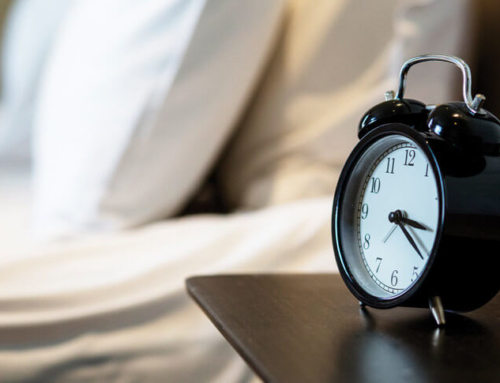Acupuncture can be an effective and wonderful way to treat insomnia or sleep disturbances. But if you’re seeking to create even more softness and stillness in your slumber, there are other aspects to take into consideration. Check out this list of sleep do’s and don’ts – you may find that just a few lifestyle changes can make a big difference.
DO:
- Maintain a regular sleep cycle by going to bed and getting up at the same time every day.
- Get regular exercise each day, preferably in the morning – there is evidence that regular exercise helps facilitate more restful sleep.
- Get regular exposure to the outdoors or bright lights, especially in the late afternoon.
- Keep the temperature in your bedroom comfortable, leaning towards the cool side.
- Keep your bedroom dark to help facilitate sleep (darkness stimulates production of melatonin, the sleep hormone).
- Remove electrical devices (radios, cell phones, multiple outlet connectors) from around your head when you sleep, and turn off your home’s Wifi. Electromagnetic fields have been found to reduce melatonin levels.
- Engage in a relaxing exercise or routine just before going to sleep – i.e. muscle relaxation, a calming tea like SleepyTime or chamomile, massage, warm bath with epsom salts and lavender essential oil, etc.
- Eliminate caffeine. Even a small amount of caffeine in the late morning can affect sleep pattern (includes coffee, soda, many types of tea, chocolate, etc.)
- Meditate or utilize deep breathing exercises to calm your mind and body.
DON’T:
- Look at your phone before going to bed or in the middle of the night. Studies have shown that exposure to the blue and white light given off by phones, laptops, and other electronic gadgets at night prevents our brains from releasing melatonin.
- Engage in intense exercise right before going to bed.
- Engage in stimulating activities before bed, such as watching a dramatic or exciting TV program or movie, playing a competitive game, or having important discussions. Avoid reading or watching TV in bed.
- Use alcohol to help you sleep. It may initially make you feel more relaxed, but alcohol disrupts the body’s natural sleep rhythms.
- Go to bed too hungry or too full. Last meal should be prior to 7pm if at all possible. Stick to easy to digest foods and proteins.
- Take long naps. Limit daytime naps to 15-20 minutes or less. Avoid naps altogether when trying to regulate your sleep cycle.
- Lie in bed awake trying to command yourself to sleep. If you remain awake for more than 20-30 minutes, get up, go to a different room (or different part of the bedroom), participate in a quiet activity (e.g. reading a book or watching television that doesn’t excite, then return to bed when you feel sleepy. Do this as many times during the night as needed.
- Forget to create a comfortable sleeping environment for yourself – a supportive mattress, warm or cooling bedding (in relation to the season), good pillows, an eye mask or sound machine (if needed)
- Turn your bedroom into an entertainment room or office – it should function as your sleep sanctuary with no energetic distraction or stimulation.
(adapted from “15 Ways to Fight Summer Insomnia” and “Illusive Sleep?”)





